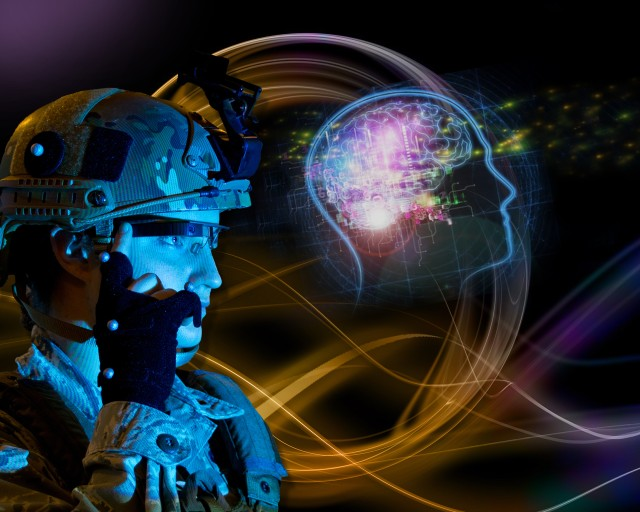IA is transforming economies and generating opportunities, but as they warn from the United Nations, it can also be a source of greater inequality. This is reflected in the Technology and Innovation 2025 Report of the United Nations Development and Commerce Division. In summary: that AI can be a very powerful source for progress, but that does not mean that it will be inclusive.
Therefore, the different countries must take measures to alleviate their effects by investing in digital infrastructure, developing different capacities and reinforcing the governance of AI. In this way they will take advantage of their potential to achieve sustainable development.
According to the organization’s forecasts, the AI market value is expected to reach 4.8 billion dollars by 2033, also becoming one of the main engines of digital transformation. However, access to the infrastructure of AI and experience in this technology is still concentrated in a few economies and countries.
Only 10 companies, especially in the United States and China, total 40% of the global expenditure on R&D. The main technological giants have a market value that rivals the GDP of the entire African continent. Market domain, both at the corporate and national level, can enlarge technological divisions, which would leave many nations of development at risk of running out of the benefits that this technology could provide. And as he warned a few months ago, AI can remain in the hands of a few great technological ones.
As we have mentioned, artificial intelligence could have an impact up to 40% of all the works of the world. It may be to offer them productivity improvements, but also worries that it can lead to automation and displacement of stalls to other areas, as well as their loss. The advantages of automation driven by AI usually favor capital above work, which can expand inequality and reduce the competitive advantage of cheap work in developing economies.
Of course, AI not only can eliminate jobs, since you can also create new sectors and provide workers with more means and resources. Therefore, investing in the acquisition of new skills, the improvement of those that workers already have and the adaptation of workers is essential to ensure that the AI improves the employment opportunities they may have instead of eliminating them.
Artificial intelligence is redefining economic opportunities and development strategies. Therefore, to implement effective the AI policies, countries should take three areas: infrastructure, data and skills. Strategic positioning in these areas will be determined by the ability of countries to adopt AI effectively, by impulse to local innovation and by alignment of the development of AI with their socio -economic needs.
Advances in AI must be global and inclusive
At present, there are 118 countries, especially from the Global South, which is absent from the main discussions on AI governance. As the regulations and ethical frameworks of this technology take shape, development nations must participate in conversations and debates to ensure that artificial intelligence serves global progress, and not only to the interests of a few. Therefore, having a higher level of international cooperation in this field can create a global the AI framework that prioritizes equity and transparency, and that allows to share its benefits.
In this sense, the United Nations Development and Commerce Division has shared some recommendations to ensure that the effects of AI on employment worldwide are beneficial for the largest possible number of regions and sectors possible. The first is to have a commitment from the sector to have a public dissemination mechanism for AI equivalent to the ESG framework, so that it is possible to improve accountability and convert global commitments into results that generate positive impacts.
The second is to develop a global shared infrastructure, which can offer equitable access to AI infrastructure. Also develop open innovation, with models that are Open Source and open data. In this way, knowledge and resources can be democratized, for. Promote innovation in inclusive. Improving coordination between the ressences of the Open Source, which although they are fragmented are valuable, can improve accessibility to AI, in addition to promoting global collaboration.
Finally, the development of functions and initiatives to share the knowledge and resources of AI, especially with cooperation between the countries of the South, can strengthen the capacity of developing countries to take advantage of AI, as well as to address the challenges common to these regions.
According to the General Secretary of the United Nations Development and Commerce Division, Rebeca Grynspanit is important to ensure that people are at the center of the development of AI, so it has requested that there is greater international cooperation in this sense for «Change the focus of technology to people, allowing countries to cook a global network«.












